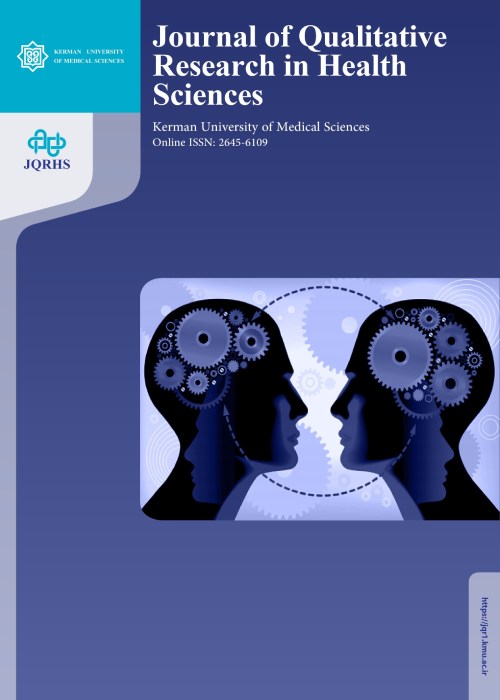The evaluation of the human dimension in the nursing curriculum: a qualitative study
Nursing education is a human affair that is founded on human interaction to identify and meet human needs. At the present time, due to the increasing technological advances, demographic changes, globalization, the spread of new health programs, and the increasing complexity of the health care system and the role of the professional nurse, the professional and social roles of nurses have been challenged. Nurses must be able to anticipate and manage the care of patients under complex and rapidly changing conditions. However, many of the nursing curriculums used at present cannot meet the rapidly changing needs. Therefore, the curriculum must be able to instill in nursing students the skills to meet the health needs of the society.
This qualitative study was conducted using content analysis. In order to collect data, individual semi-structured interviews and focus group interviews were used. Sampling was performed using convenience sampling method. After each interview, recorded data were typed and transferred to the MAXQD 2007 software. To analyze the data, conventional content analysis method was used.
The main theme of lack of attention to human dimensions in the curriculum was achieved through content analysis. Moreover, 87 codes, 13 sub-categories, and 5 categories (the necessity of a client-oriented curriculum, the necessity of attention to the human dimensions of students in the curriculum, lack of attention to the role of the nurse in the curriculum, lack of attention to the role of the teacher in the curriculum, and lack of attention to human and human needs) were obtained.
The results of this study indicate the human dimension and the role of human subjects in four axes (client, nursing student, nursing instructor, and nurse) in the undergraduate nursing curriculum. Furthermore, it raises the point that it may be necessary to emphasize human dimensions with regard to the cultural and religious considerations of the society, in the designing, implementation, and evaluation of undergraduate nursing curriculum.
- حق عضویت دریافتی صرف حمایت از نشریات عضو و نگهداری، تکمیل و توسعه مگیران میشود.
- پرداخت حق اشتراک و دانلود مقالات اجازه بازنشر آن در سایر رسانههای چاپی و دیجیتال را به کاربر نمیدهد.




